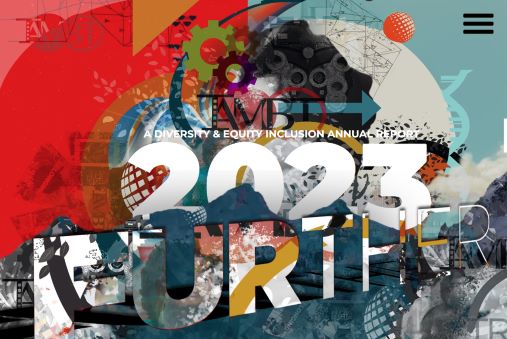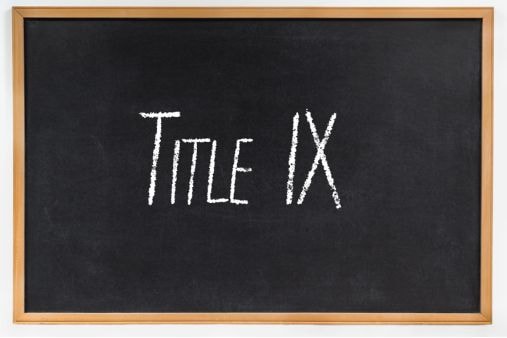Bob Calo was the winner of Barnes & Thornburg’s 10 for 30 Pro Bono Challenge that took place in August. The initiative challenged all attorneys to complete 10 hours of pro bono work in one month and recognized the top three pro bono billers during the month. Bob is sharing his reflections on the importance of pro bono in recognition of the American Bar Association’s 2022 National Celebration of Pro Bono.
Pro bono is extremely important because so much of society is governed by law and regulation. There are a vast number of people in our society who need legal services to navigate these rules, and they simply do not have the resources to engage a private lawyer.
The term "pro bono" comes from the Latin phrase “pro bono publico,” which means “for the public good.” Providing legal services to those who need but cannot afford them is for the public good because it helps promote a just and fair society. A society is not fair and just when a person is denied her or his right to pursue something they are entitled to get or is denied the opportunity to defend against an unjust claim simply because that person cannot afford a lawyer. Thus, attorneys have to step into the breach and level the field in legal disputes.
My motivations to do pro bono are three-fold. First, as a child raised in New England, I was certainly taught the famous story of John Adams (later the country’s second president) taking on the very unpopular pro bono defense of British soldiers prosecuted for what became known as the Boston Massacre. Second, the federal judge for whom I clerked at the outset of my legal career impressed upon me the need to give back to society in the form of pro bono legal services. Third, I’ve spent almost my entire career in the criminal justice system and see a huge need in that arena for private practice attorneys to step up and take on criminal cases. Every public defender office in this country – federal, state, and local – is swamped and needs help to make sure that indigent defendants have attorneys to defend them.













/Passle/6488d4630e7e25c9ac9f834a/SearchServiceImages/2023-10-27-22-14-47-460-653c3657aa16c1a78944a4ac.jpg)
/Passle/6488d4630e7e25c9ac9f834a/SearchServiceImages/2024-06-15-03-35-36-968-666d0c08c56a9fccba9e64ea.jpg)
/Passle/6488d4630e7e25c9ac9f834a/SearchServiceImages/2024-06-17-15-30-39-269-6670569f086c06c316400926.jpg)
/Passle/6488d4630e7e25c9ac9f834a/SearchServiceImages/2024-04-10-12-04-21-213-66168045b21e7b3ad70f8900.jpg)